5 More photos
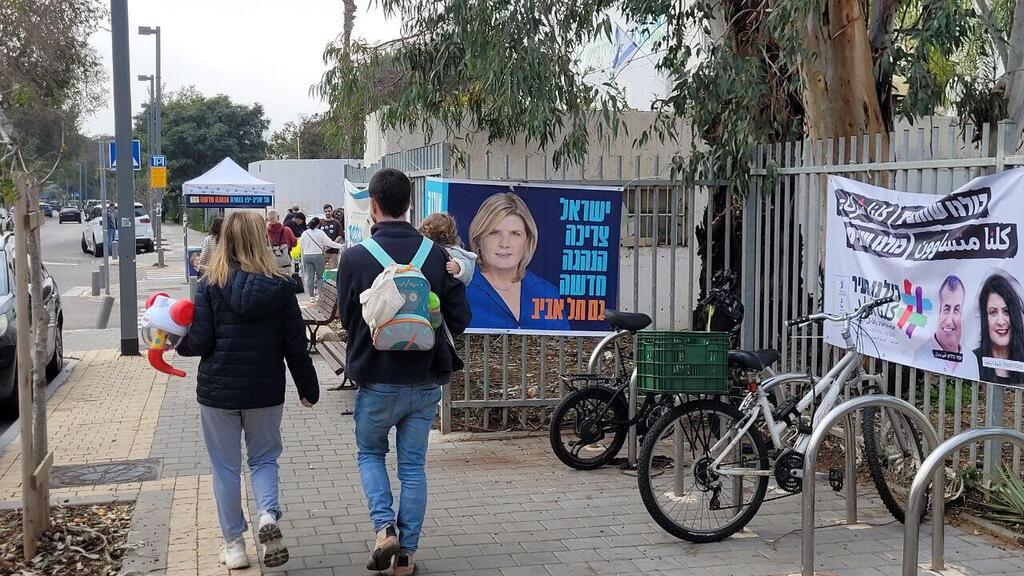
In front of the polling station: whole families go
(Photo: Noah Lavi)
The main delight of the younger generation is invariably caused by the verb “leshalshel”, which has a double meaning: to lower or push something into a crack, and also to suffer from an upset stomach. In elections it is used to describe the voting itself – “leshalshel petek le-calpi“(place the ballot paper in the ballot box).
5 More photos
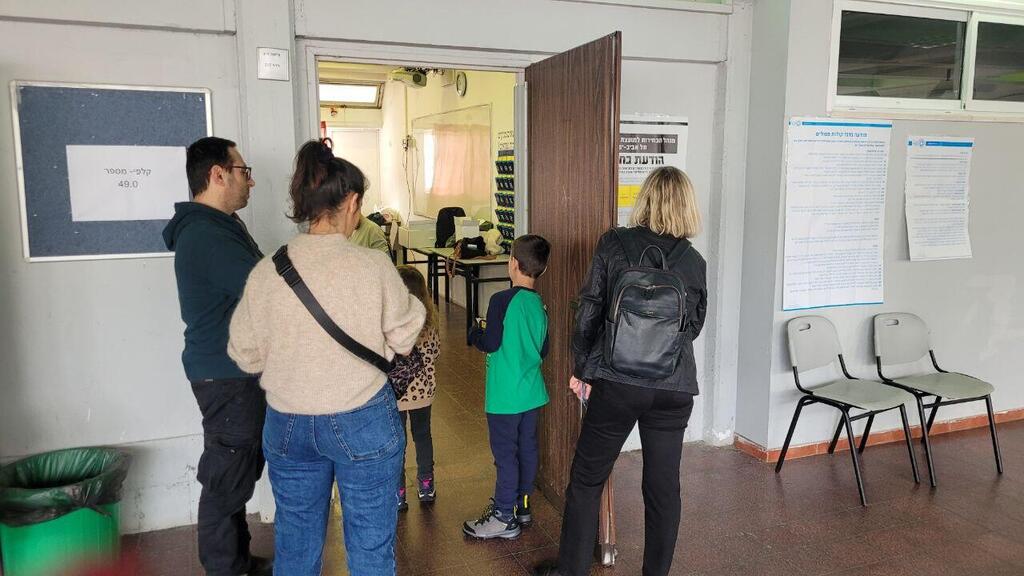

At the polling station
(Photo: Noah Lavi)
It is striking that in Tel Aviv they do not forget about the hostages even on election day. Many voters come to the polls with yellow ribbons or pendants demanding the return of hostages from Hamas dungeons.
5 More photos
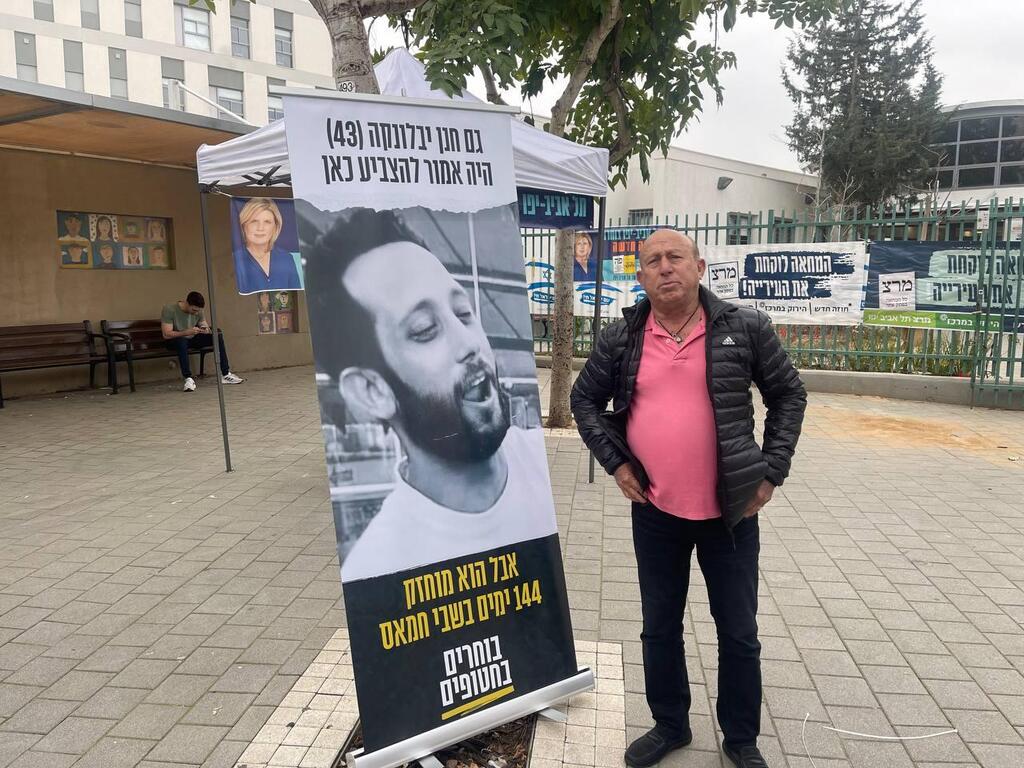

The father of Hanan Jablonka, captured by militants, reminds mayoral candidates about his son
(Photo: Roy Rubinstein)
Some people come to vote with their dogs. The stern faces of the observers, when they see the pets, are illuminated with friendly smiles.
5 More photos
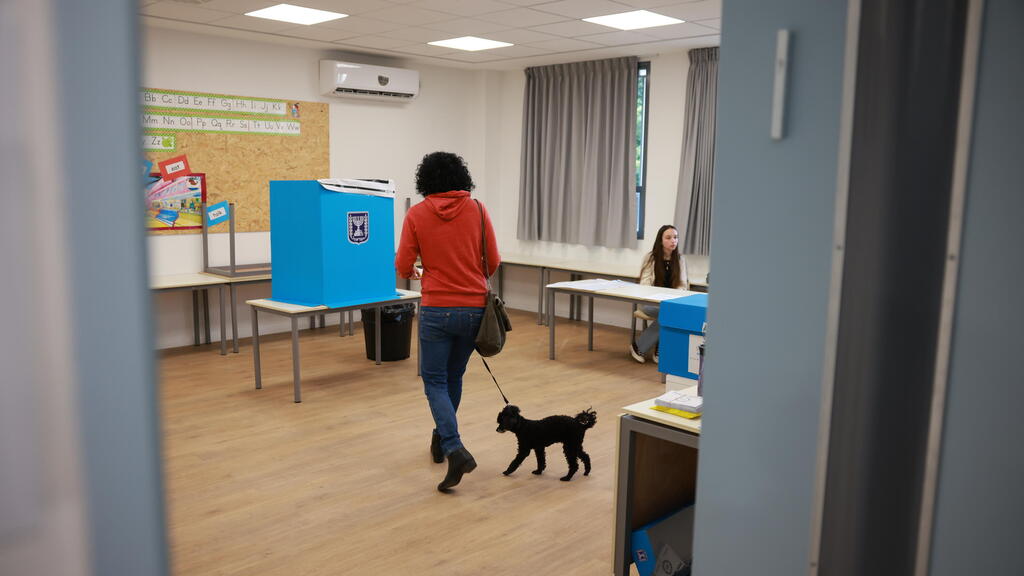

For the elections in full force
(Photo: Tal Shahar)
5 More photos
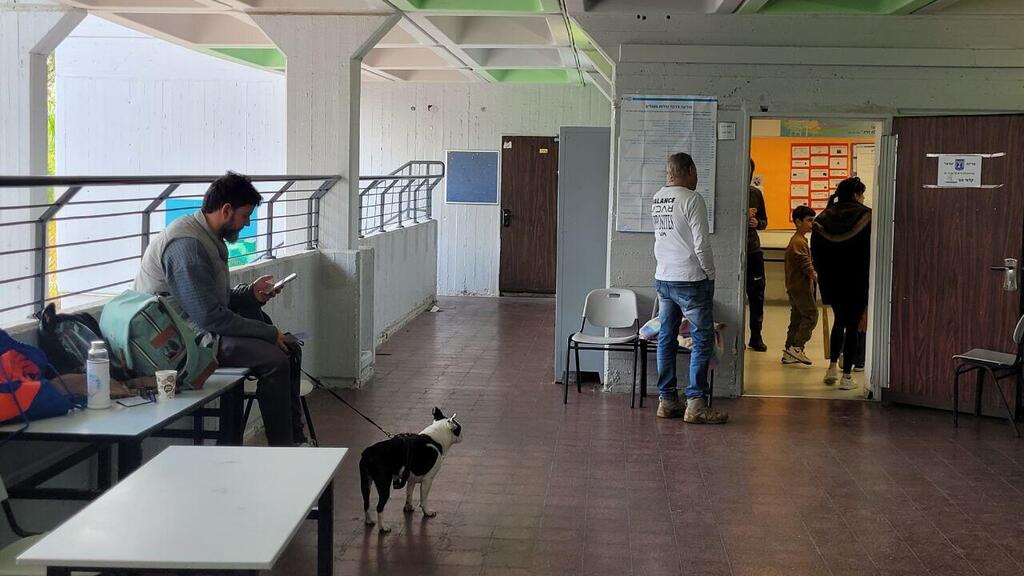

The pet is also patiently waiting in line to vote
(Photo: Noah Lavi)
At the entrance to the polling station, young people with stickers and advertising brochures for candidates for mayor and city council are crowding around in a last-ditch attempt to influence voters’ opinions.
“Not Huldai,” one of the guys says dramatically to an elderly man who has come to vote. He smiles: “When you run as a candidate for the City Council, I will vote for you.” Everyone laughs.
Municipal elections in Israel traditionally have a lower turnout than parliamentary ones: in 2018, only 59.9% of citizens exercised their right to vote, while 70% of Israelis voted in the Knesset elections. This is surprising, given how much the life of an Israeli citizen depends on local authorities. There are many settlements in the country where strict traditions do not change even under the most democratic government, and vice versa: a city can live a free and tolerant life under the rule of a coalition with a conservative religious majority.
Anyone who has not yet voted by the time of reading this article should ask themselves: do you really care what your city will look like in the next five years, how accessible municipal services will be, how much money from your taxes will be spent on cleaning, landscaping, maintenance sports and children’s playgrounds, places for walking dogs?
It is in municipal elections that every vote is truly important – primarily for the citizens themselves, who only once every five years can choose those who will represent their interests in city government, respond to complaints, and solve a wide variety of problems.
You can often hear that there is “no one to vote for” – so going to the polling station is pointless. In this case, it is worth remembering that this will give other voters a chance to promote their interests and lobbyists. Whether those who “abstained” from participating in the elections will like the result is a big question.
7,215,256 Israelis are eligible to vote in the current municipal elections. The polls will be open until 10pm, and if you’re still on the fence, remember that the choice is actually a lot easier than it seems. Here he is. If you are happy with the current state of the city, support the existing government. Unhappy? This is a great opportunity to change it. But no one will do this except you.











